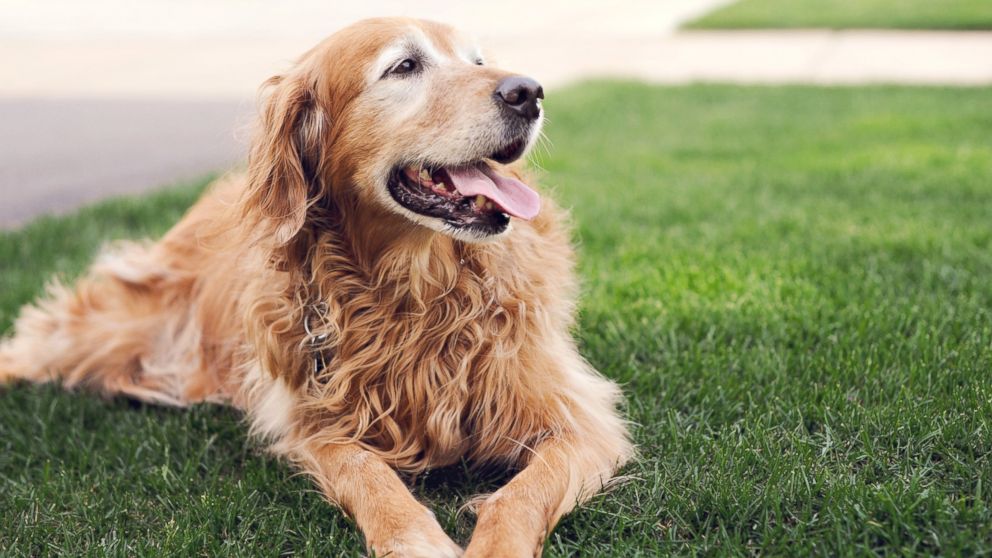Will Ice Cubes and Ice Water Kill Your Dog This Summer?
An online cautionary tale causes some pet owner anxiety.

— -- With temperatures on the rise this summer, a cautionary tale for four-legged friends has reemerged across the internet this week, alleging that ice water consumption can have fatal consequences for dogs.
But animal experts are wagging their fingers in response, saying the warning is simply not true.
In a blog post on Wendt Worth Corgis penned in 2010, a pet owner describes giving ice water to her dog, who then went into distress. After rushing to a veterinary clinic and subsequent surgery, the pet owner writes that an attending veterinary surgeon told her ice water causes dangerous bloating and "violent stomach spasms."
San Diego Pet Hospice Brings Comfort to Animals' Final Days
WhistleGPS Device Tracks Pet While Owners Are Away
Since it was published, the post has proliferated across the internet, shared by concerned pet owners across social media.
But according to Dr. Tina Wismer, medical director at the ASPCA's Animal Poison Control Center, the information is false.
"This is not true," said Dr. Wismer. "Dogs do not bloat from drinking ice water on hot days... They can be given as treats or put in the water bowl. Some behaviorists even recommend freezing toys or treats in ice for dogs to chew on."
Bloat is most commonly seen in deep-chested large-breed dogs, Wismer added, and is caused by food or from a build up of gas. "Either can cause the stomach to rotate and the dog to develop gastric dilatation volvulus (GDV)," she said.
Factors contributing to an increased risk of bloat include "feeding only one meal a day, familial history of bloat, rapid eating, moistening dry foods, elevated feeders, restricting water before and after a meal, dry diet with animal fat in first four ingredients" and sometimes age.
"As you can see there are many things associated with bloat, but not one known cause," she said.
Dr. Michael Tuder, owner and director of four animal hospitals in Hudson County, N.J., concurred, referring to the corgi story as "urban legend."
"Putting ice in your pets water is not known to be harmful," he said. "In fact, after a dog or cat has an anesthetic procedure, we do not allow them to drink water but indeed do let them lick on some ice. If a dog is going to have a problem with ice water then it would have to be linked to another problem with that particular pet."
Problems that are associated with allowing dogs ice, both vets agreed, include potential dental damage and possible lodging within the animal's throat. Both Dr. Widmer and Dr. Tuder urged pet owners to be mindful of their dog's ability to chew the ice given to them.
They also shared warm-weather precautions.
"Dogs should not be left outside without proper shelter/shade and ?have free access to clean water to drink," said Tuder. "Never let them drink from stagnant water."
He suggested walking a dog "in the cool of the morning and evening. Limit the distance if it's very hot out."
In the event that your pet begins overheating, ice packs placed under the arm pits and a cool compress on the head can help regulate temperatures. Likewise, applying Rubbing Alcohol to paws can be helpful.
But heatstroke should be treated as a medical emergency.
"If you think your dog has heatstroke you should get it to the veterinarian immediately," said Widmer. "Do not waste time trying to get the dog to drink."




